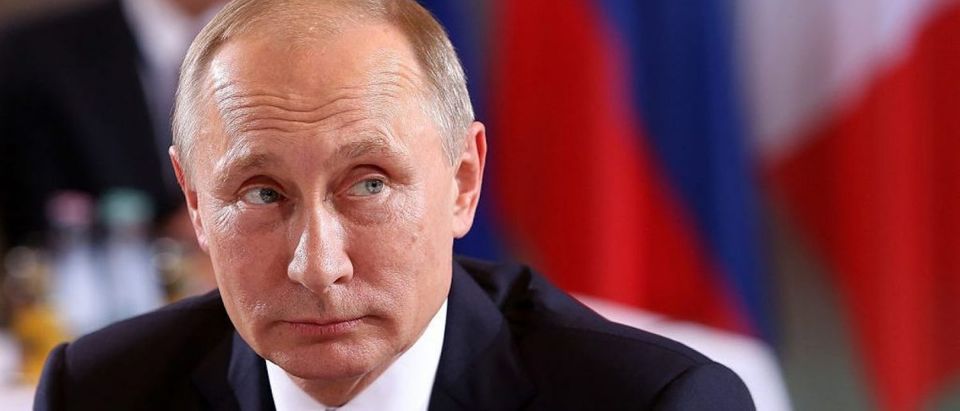Last year, Fox and Breitbart News reported on research David King, a retired chemical engineer, and I conducted in Greensboro, Georgia. We uncovered a mini-scale version of the 2015 Gold King Mine wastewater disaster in which EPA inundated the Animas River with cadmium, lead and other heavy metals. Erin Brockovich wrote about our project, and Republicans questioned EPA Administrator Gina McCarthy about it during congressional hearings.
Since then, a number of prominent individuals and conservative organizations have recommended me to Trump’s transition team as someone who is capable of improving EPA science while, at the same time, downsizing the agency. As a senior-level research microbiologist, I watched EPA become highly politicized beginning with the Clinton Administration.
My commentary on the subject, “EPA Science: Casualty of Election Politics,” was published by Nature in 1996. In a letter to EPA, the former head of EPA’s Office of Research & Development under President Reagan commented on it, and my subsequent study related to global warming also published by Nature. He described my work as “improving the scientific stature of EPA.”
When I met David King for breakfast recently one morning, we were joined by a medical researcher with an extraordinary history. As the daughter of a famous Russian movie star, she bore a striking resemblance to Actress Grace Kelly. More importantly, when she was growing up in Russia, Mikhail Gorbachev, President of the former Soviet Union, personally intervened to gain her release from a KGB prison.
Each of the facts mentioned above are probably completely unrelated, and I certainly have no reason to believe that this lovely woman is a Russian spy. Nevertheless, just bumping into someone with such a background made me wonder about something I had never thought about. Namely, could Russia be vetting potential Trump appointees for its own purposes?
As it turned out, the reason she wanted to meet me raised an even more important question. In the course of her research, she had discovered an antimicrobial agent that could potentially revolutionize dental and medical practice. That is, if it were not for the fact that certain aspects of its application would violate U.S. infection-control standards. As such, it would be unethical to even conduct clinical trials in the United States.
After acknowledging this fact, she pointed out that the Baltic, former Soviet country where her business is located would have no problem with approving this product. She followed up by emailing me a non-disclosure agreement to sign, so that she could discuss the active ingredient.
Again, I have no evidence whatsoever that this researcher is a Russian spy. My only point is that just having someone from a former Soviet country ask me to sign a legal document tying me to a commercial product that would be illegal in the United States raises an important question. Is Vladimir Putin already building dossiers to use against potential Trump appointees?
In my opinion, the answer to both questions is clearly affirmative. Russia under Vladimir Putin continues to do what Mr. Putin did when he ran the KGB. As he famously said in 2004, “there is no such thing as a former KGB man.” It’s safe to assume that Russia is already busy vetting Trump appointees, and building dossiers to bribe them with.
Based on that assumption, I declined the good doctor’s non-disclosure agreement, which would tie me to research that would be considered unethical in the United States. The new world we find ourselves living in since President Trump was elected has made me look at certain situations more closely. What may appear on its face to be an innocent international venture that stands to benefit public health, demands more scrutiny now.
Problems associated with cybersecurity and Russia meddling in our elections have put increased pressure on the White House to ensure that individuals appointed to top government positions have the proper moral compass, and are knowledgeable of the law. And, since science and espionage frequently cross paths, this is especially important for those chosen to lead science-based federal agencies and institutions.
The good news is that Russian meddling, in the long run, will eventually make America far wiser and stronger. As it did after fighting battle-hardened German Panzer divisions in North Africa in WWII, America will learn from its mistakes, lead the way in battle again, and advance science beyond the world’s wildest imagination.
David L. Lewis, Ph.D., a former senior-level EPA Research Microbiologist, is the Research Director for the Focus for Health Foundation in Watchung, NJ.


